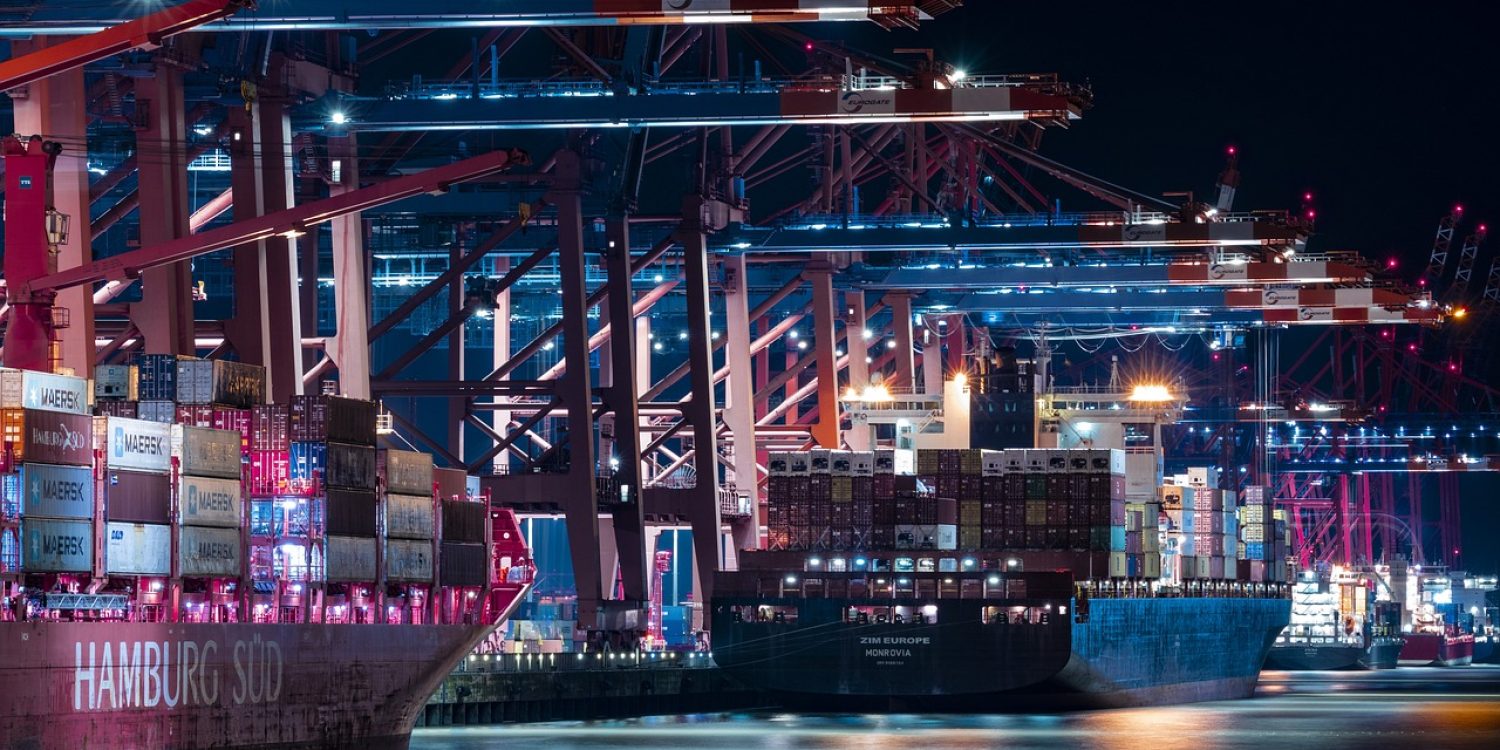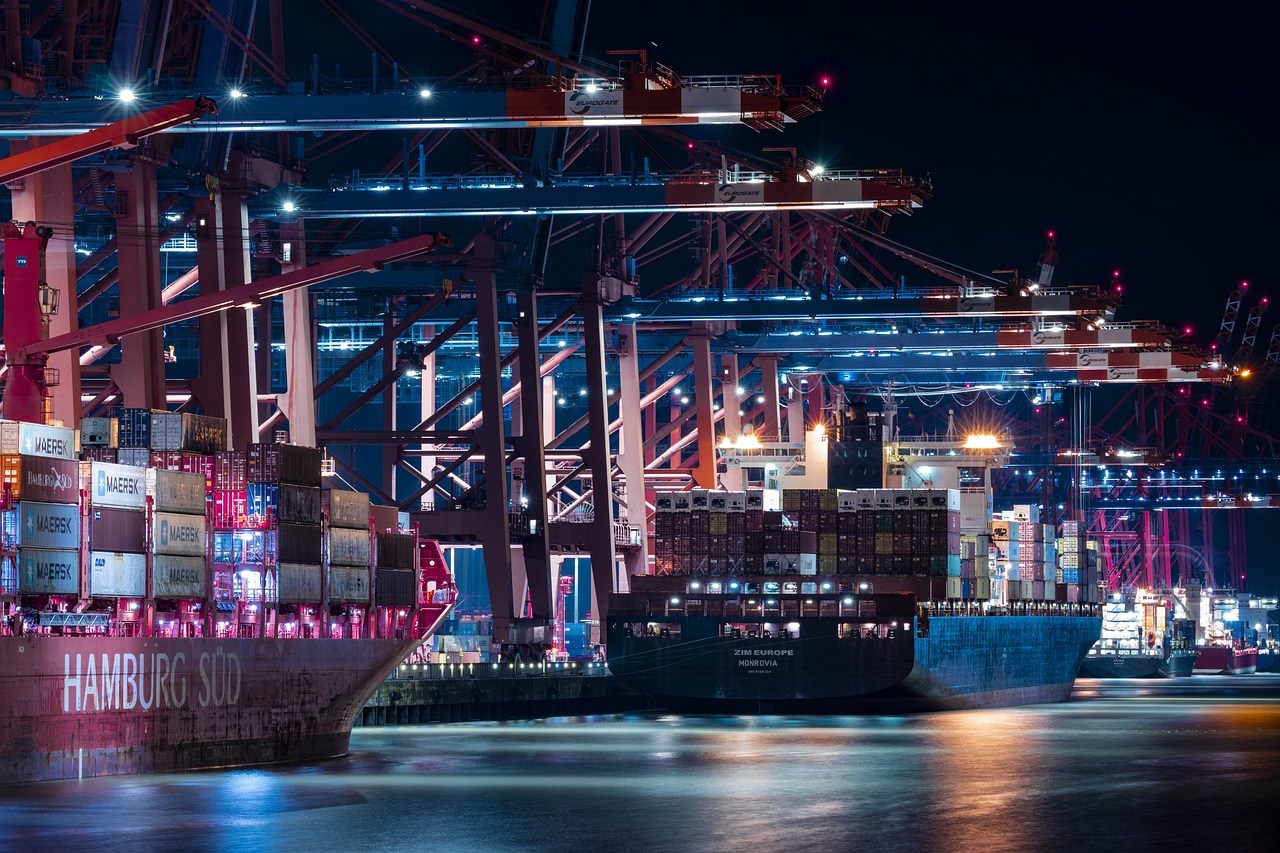As we progress into the new year, it’s a pivotal moment to assess the emerging trends poised to redefine the future of supply chains. The past few years have been marked by significant upheaval in global supply chains, emphasizing the critical need for innovative technology solutions and adaptive leadership.
Evolving Leadership for Future Challenges
Today’s supply chain leaders are required to go beyond traditional management roles. They need a robust blend of technological savvy and strategic foresight, essential for navigating the complexities of digital transformation and guiding organizations towards operational excellence.
This year, we anticipate significant investments in supply chain technology paired with a shift in leadership styles to support these technological advancements. As businesses strive for greater interconnectedness and agility within their supply chains, dynamic leadership that can integrate and leverage these new tools becomes crucial.
Embracing Holistic Supply Chain Management
As the complexities and interdependencies within the global supply chain continue to evolve, a shift toward more holistic management approaches has become essential. Traditional compartmentalized strategies are increasingly perceived as inadequate in addressing the dynamic and interconnected challenges of today’s global markets. Holistic supply chain management is not merely about integrating various stages of the supply chain; it involves a strategic orchestration that ensures all parts of the supply chain communicate seamlessly and work cohesively.
Modern supply chain leaders are recognizing the necessity of an end-to-end perspective that considers every element from procurement to product delivery as part of a continuous flow. This approach leverages advanced analytics and real-time data to improve decision-making and responsiveness. By understanding the cause and effect relationships within the supply chain, leaders can anticipate disruptions, optimize processes, and align operations closely with customer expectations and market demands.
Furthermore, a holistic approach extends beyond the operational aspects of the supply chain. It incorporates broader objectives such as sustainability, resilience, and innovation, embedding these principles into the core strategy. For instance, by integrating sustainable sourcing practices and reducing waste through efficient logistics, companies not only contribute to environmental conservation but also enhance their brand reputation and compliance with global standards.
The implementation of holistic supply chain management also demands advanced technological infrastructure and skilled human capital. Investment in technologies such as IoT, blockchain, and AI enhances transparency and facilitates the real-time monitoring and analysis necessary for managing complex networks. Simultaneously, developing a workforce skilled in these technologies and in strategic thinking is crucial for adapting to and leading the continuous transformation required in supply chains.
By adopting this comprehensive management style, organizations are better positioned to manage risks, capitalize on opportunities, and deliver unparalleled value to customers. Holistic supply chain management is thus not just a tactical adjustment but a strategic imperative that shapes the competitive landscape of businesses in the 21st century.
Prioritizing End-to-End Visibility
The concept of end-to-end visibility has transformed from a buzzword into a necessity, especially highlighted during the disruptions of the pandemic. Recent survey indicated that 64% of supply chain executives are prioritizing investments in technologies like advanced tracking systems, the Internet of Things, and AI-driven analytics to achieve real-time insights and enhance transparency across their operations.
Blockchain: Enhancing Transparency and Efficiency
Blockchain technology is increasingly being recognized for its potential to revolutionize the supply chain by enhancing transparency and efficiency. By providing an immutable ledger for recording the history of transactions, blockchain technology can help reduce fraud, improve compliance, streamline administrative processes, and potentially reduce costs through more efficient supply chain management.

Environmental Sustainability in Supply Chains
There is a growing emphasis on environmental sustainability within supply chains. Companies are being pressured by consumers and regulatory bodies alike to demonstrate responsibility in their operations. This includes adopting greener practices such as optimizing logistics to reduce carbon footprints, using sustainable materials, and implementing recycling programs. Advanced analytics and AI are playing crucial roles in achieving these sustainable practices by optimizing routes and improving resource allocation.
AI and Machine Learning: Transforming Decision-Making
AI and machine learning are revolutionizing supply chain management by enabling smarter, data-driven decision-making. From predictive analytics that forecast demand and adjust inventory levels accordingly to machine learning algorithms that optimize shipping routes and reduce delivery times, AI technologies are at the forefront of enhancing operational efficiency and responsiveness.
The Impact of E-Commerce on Supply Chains
The expansion of e-commerce has dramatically reshaped supply chain dynamics, increasing the demand for faster and more reliable delivery services. This surge has pressured supply chains to become more agile and adaptable, often requiring significant investments in fulfillment centers and last-mile delivery systems. The demand for real-time tracking and seamless logistics has never been higher.
High Demand for Electronics and Chipsets
The electronics sector, particularly chipsets, has seen unprecedented demand, exacerbated by the pandemic’s impact on production and international trade. This has led to significant bottlenecks and a reevaluation of supply chain vulnerabilities. Companies are now looking to diversify their sourcing strategies and invest in more resilient supply chain models to prevent future disruptions.
The Necessity of Robust Contingency Strategies in Supply Chains
Recent events, such as the ongoing conflicts in the Middle East impacting the Suez Canal, and the 2024 collision of a vessel with a bridge in Baltimore, have starkly highlighted the vulnerabilities in global supply chains. These incidents caused significant disruptions, delaying shipments worldwide and leading to extensive financial losses. Such situations underscore the critical need for companies to have robust contingency plans in place. This includes maintaining strategic safety stock to buffer against supply interruptions and diversifying supplier networks to mitigate risks associated with reliance on a single source or region. In response to these disruptions, many affected companies have begun to reevaluate and expand their logistics networks, incorporating alternative routes and backup suppliers to ensure more resilient supply chain operations.
Concluding Thoughts on Navigating Supply Chain Complexity
A supply chain crisis can emerge from myriad interconnected factors, not attributable to a single cause. These include exposure to sudden economic shocks, persistent challenges in the trucking and freight industries, shortages of essential shipping containers and chassis, fluctuations in supply and demand, shifts in consumer behavior, expansive fiscal stimulus measures, cycles of scarcity, and pervasive market uncertainties triggered by events such as global conflicts and major accidents. Predicting the duration and full impact of these disruptions is challenging due to the complex interplay of these factors. However, businesses, particularly in the logistics and trucking sectors, can build resilience by adopting a cautious approach, diversifying risks, and continually exploring new opportunities. This might include forging strategic partnerships, venturing into new markets, or engaging in innovative collaborations that might not have been previously considered. In essence, the ability to swiftly adapt to changing conditions and to plan for multiple contingencies is crucial. Companies that invest in robust planning, leverage advanced technologies for greater visibility and efficiency, and remain agile in their operational strategies are better positioned to navigate the uncertainties of today’s global supply chain landscape effectively.










